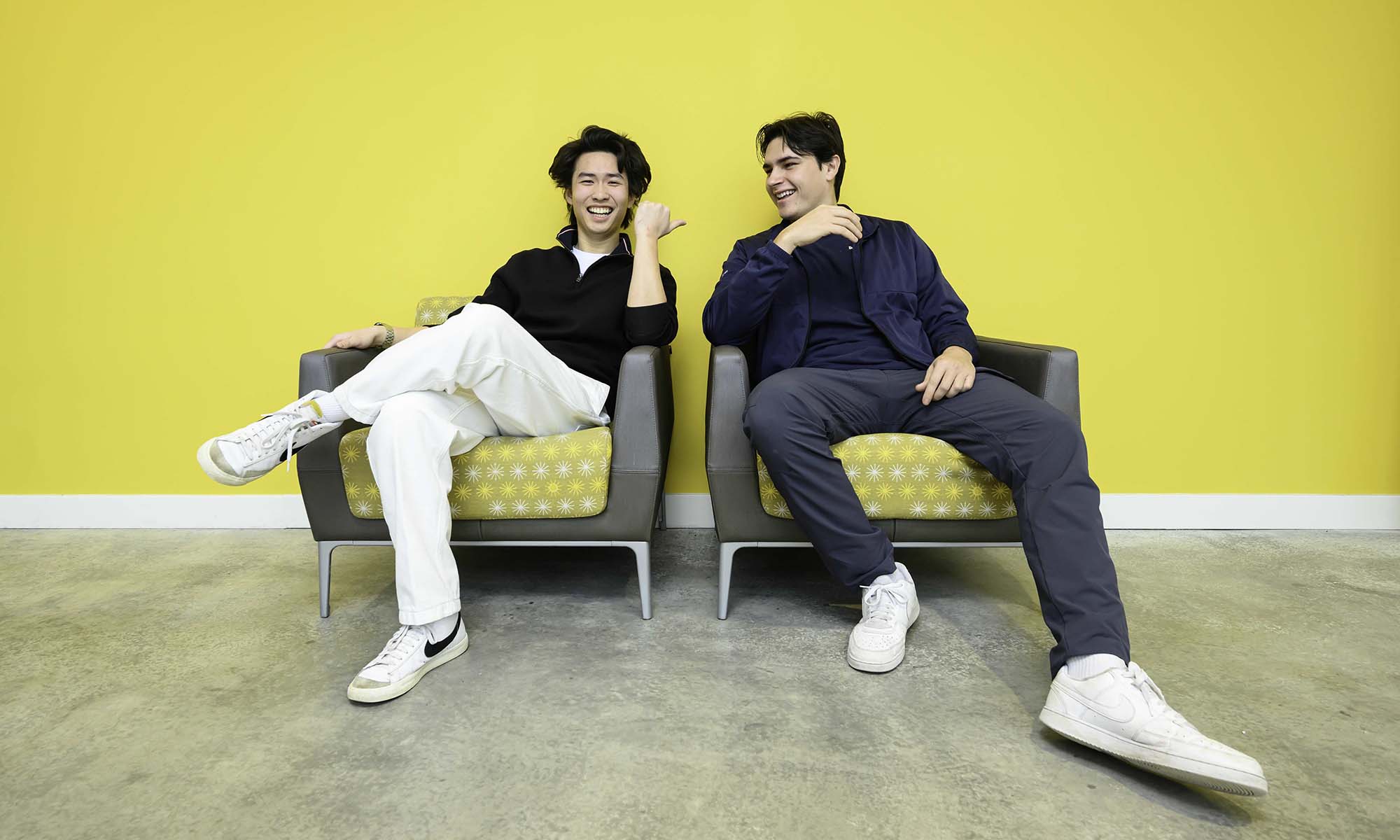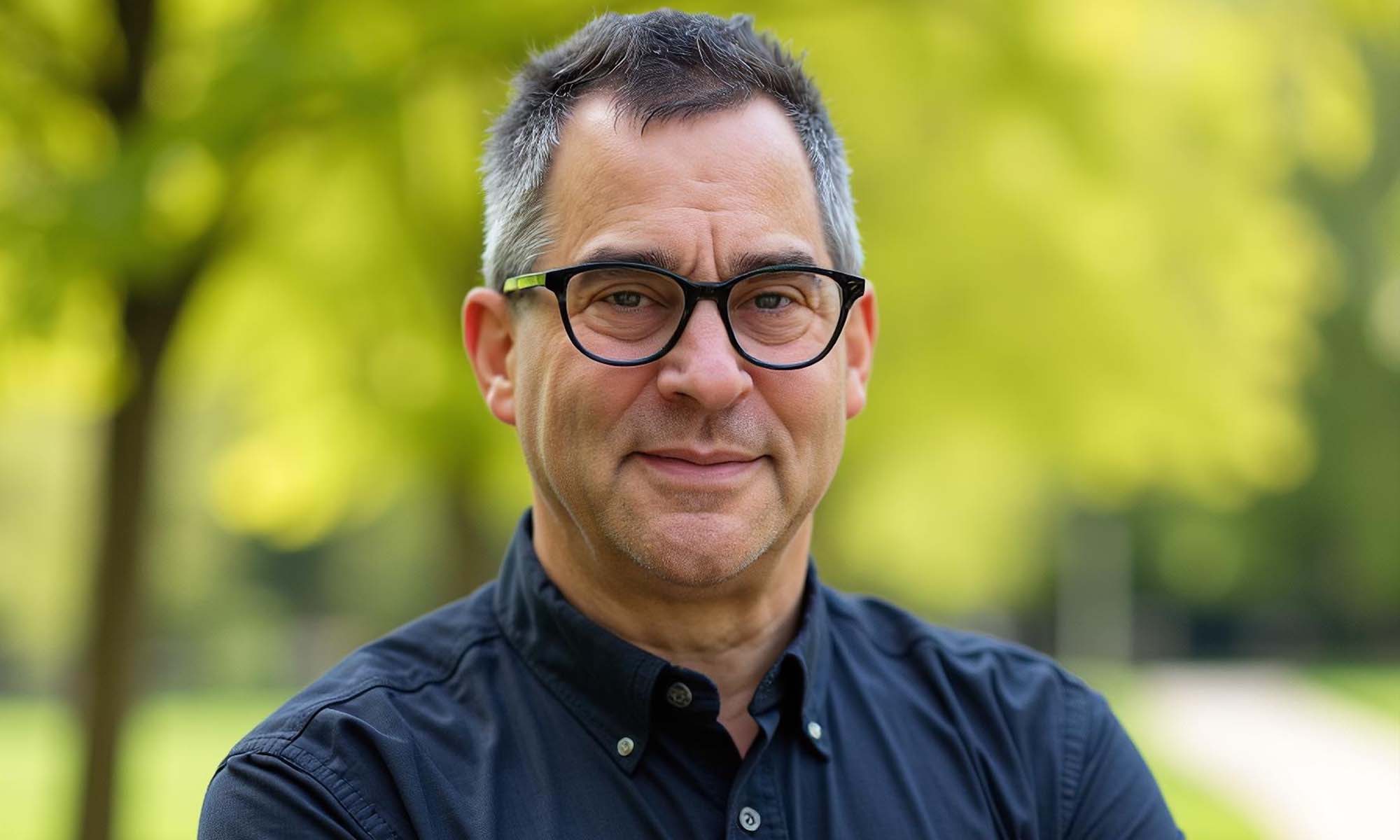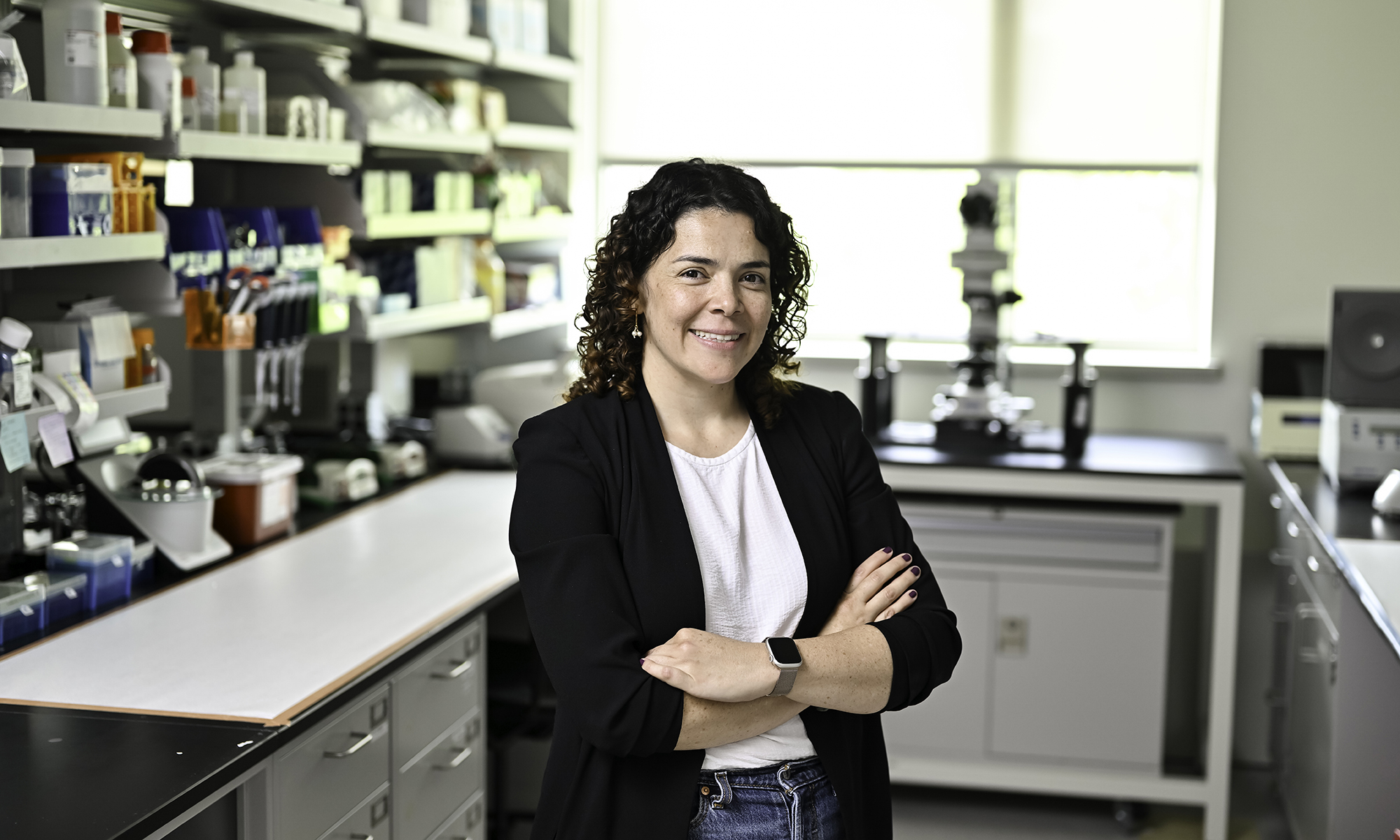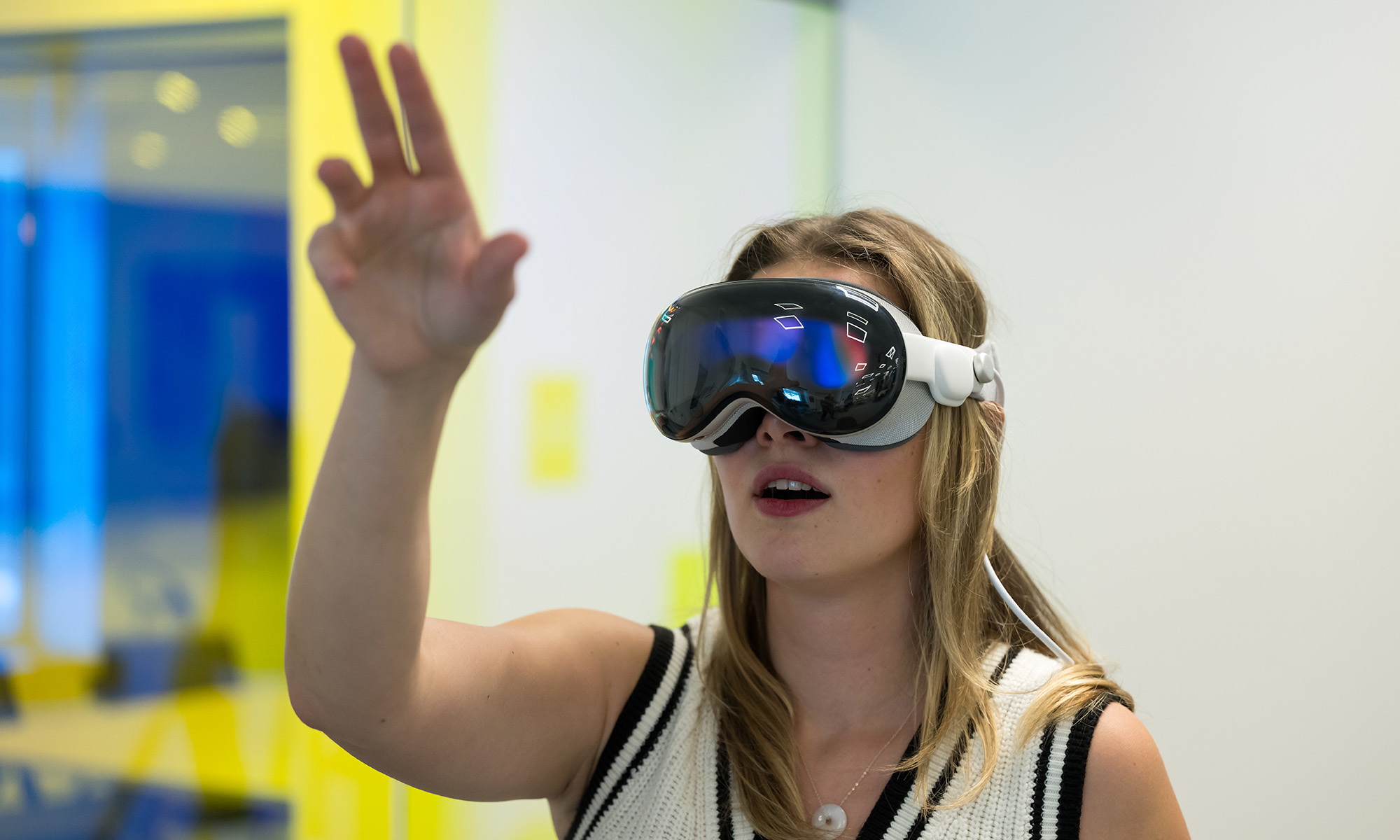
University News
URochester, RIT receive federal funding to expand experimental ways to communicate using individual particles of light
February 12, 2026
The funding for the experimental quantum network RoQNET was secured by Senator Schumer, Senator Gillibrand, and Representative Morelle.












